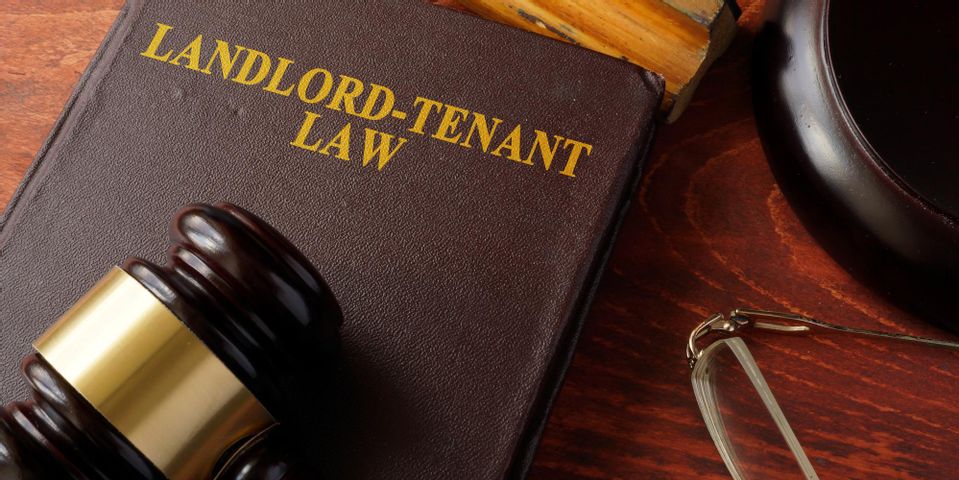
As a landlord, you hope you never have to go through the eviction process. Unfortunately, there are a number of reasons it may become necessary to terminate a tenancy. For this reason, it’s important that you take time to familiarize yourself with real estate litigation laws. No matter how discontented you are with a renter, you must follow the proper procedure to have them removed from your property legally. Below is a basic overview of how eviction works in the state of Alabama.
A Guide to the Alabama Eviction Process
Issuing an Eviction Notice
Alabama law allows landlords to evict a tenant for failing to pay rent on time or breaching a lease agreement in any other manner. You are required to give the renter written notice that you intend to start eviction proceedings in seven days for non-payment of rent or 14 days for breaking the terms of the lease. Before starting a real estate litigation case, tenants must be allowed this timeframe to pay the rent they owe in full or remedy the non-compliance issue cited in the notice.
Laws Against Self-Help Evictions
 It’s against the law for landlords to take matters into their own hands to try and force a tenant to leave. Thus, you are prohibited from making threats, shutting off utilities, changing locks to deny access, or removing a renter’s valuables from the property. These are referred to as self-help eviction measures, and behaving in this way can make you financially liable if the tenant chooses to file a lawsuit against you.
It’s against the law for landlords to take matters into their own hands to try and force a tenant to leave. Thus, you are prohibited from making threats, shutting off utilities, changing locks to deny access, or removing a renter’s valuables from the property. These are referred to as self-help eviction measures, and behaving in this way can make you financially liable if the tenant chooses to file a lawsuit against you.
Filing a Dispossessory Action
If a tenant doesn’t comply after being served an eviction notice, you can file for a Summons and Complaint for Unlawful Detainer. The renter will be served and given 14 days to respond for failure to pay rent or seven days to respond for any other reason, after which, a court hearing will be scheduled. If the judge rules in your favor, a Writ of Possession will be issued ordering the tenant to vacate your property. In the event they abandon any personal possessions, you must store them for 14 days before disposing of them at your own discretion.
Although Alabama laws make it fairly simple to evict a problematic tenant, it’s essential that you seek counsel to ensure you aren’t violating any renters’ rights. Daniel H. Craven, P.C. has two decades of legal experience and an unparalleled reputation in real estate litigation. He has helped many landlords in Gulf Shores resolve tenant disputes in a smooth and timely fashion and will make sure you know your rights and obligations. Call (251) 968-8170 to schedule a consultation or visit his website for more information on his expertise in real estate litigation.
About the Business
Have a question? Ask the experts!
Send your question

